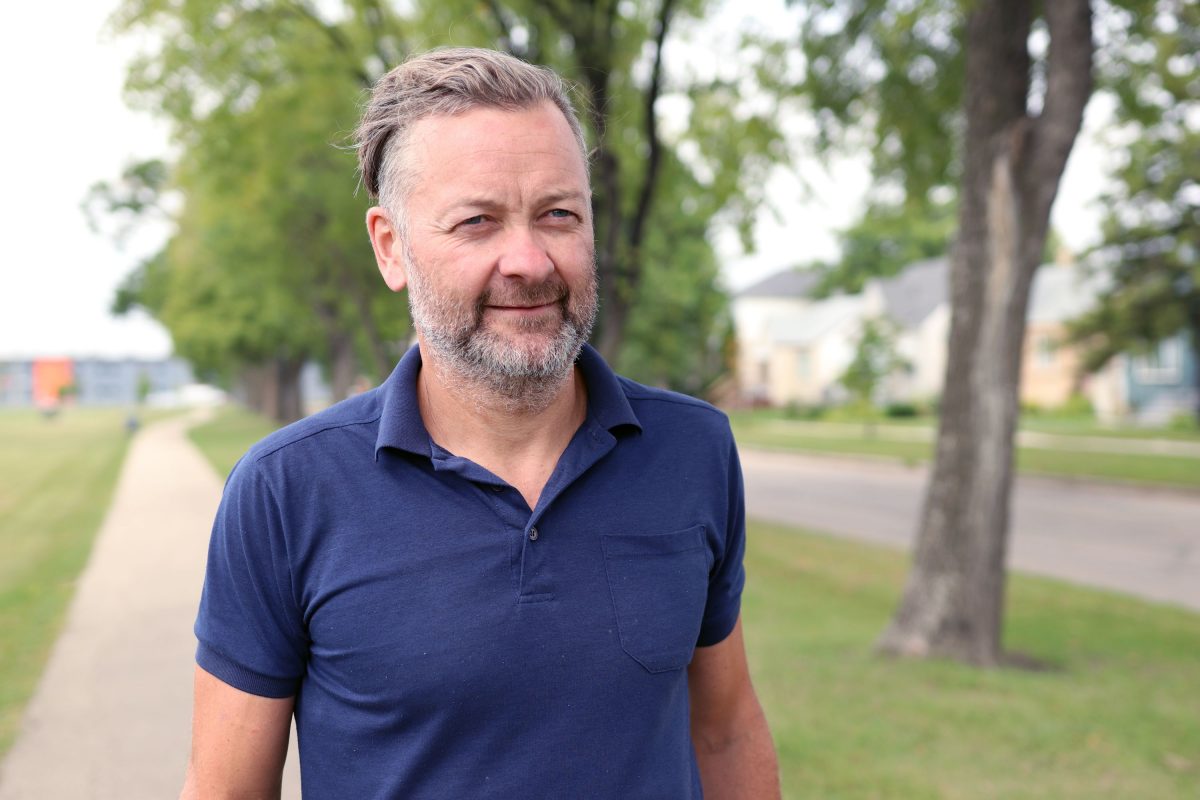
Dr. Jonathan McGavock will study how Canadian cities can best implement urban trails that are fair for all citizens and generate the greatest possible health benefits.
UM health researchers receive more than $6.7 million in federal support
Study topics range from urban trails to vaccine uptake
Health researchers at UM have been awarded more than $6.7 million in the latest round of project funding by the Canadian Institutes of Health Research (CIHR).
“Our researchers have demonstrated excellence by securing federal support for a diverse range of innovative health studies,” said UM Vice-President (Research and International) Dr. Mario Pinto.
“Many of our UM experts will be collaborating with community members to help our research have impact and provide solutions for society.”
Dr. Peter Nickerson, dean of the Rady Faculty of Health Sciences, also noted the involvement of community partners in many of the funded projects. “This is important because community members have valuable expertise to contribute,” he said.
Dr. Jonathan McGavock, professor of pediatrics and child health at the Max Rady College of Medicine in the Rady Faculty of Health Sciences, was a double recipient, landing two of the 10 grants to UM in the Spring 2023 round of funding.
McGavock, who is also a researcher with the Children’s Hospital Research Institute of Manitoba (CHRIM), has a key research interest in youth diabetes, with a particular focus on encouraging physical activity. The professor, who holds a PhD in exercise science, published a study last year demonstrating the cardiovascular health benefits associated with living near a multi-use activity trail.
He and his team have now received a grant of $1,453,500 to lead a five-year study of how Canadian cities can best implement urban trails that are fair for all citizens and generate the greatest possible cardiovascular health benefits. Seven cities, including Winnipeg, Brandon and Selkirk, are partners in the study.
“Our team will be working closely with city planners, and with organizations in all seven cities that support the use of trails, to create an optimal ‘recipe’ for trail creation that can inform the next wave of urban trails in Canadian cities,” McGavock said.
The second grant to McGavock’s team is for $734,400 over four years. It will fund a randomized trial of a program for adolescents living with obesity. The program will support teens’ social, emotional and psychological needs as well as lifestyle changes, such as better sleep, daily activity and healthier eating.
“Very few treatments aimed at supporting a healthy lifestyle for adolescents with obesity incorporate skills to help regulate emotions and support positive mental health and quality of life,” McGavock said.
“We want to determine if it’s feasible to deliver a treatment for teens living with obesity that includes emotional skills training.”
Here’s a look at the other CIHR-funded UM projects. More information on the studies and research teams is available here.
 Dr. Jeremy Chopek, assistant professor, physiology and pathophysiology, Max Rady College of Medicine
Dr. Jeremy Chopek, assistant professor, physiology and pathophysiology, Max Rady College of Medicine
Grant: $975,376 (five years)
Chopek’s study seeks to better understand how electrical spinal stimulation can not only improve motor function in people with spinal cord injury, but also improve the body’s autonomic functions, such as regulating heart rate and blood pressure. The long-term goal is to increase exercise capacity, reduce obesity and improve overall health in people living with spinal cord injury.
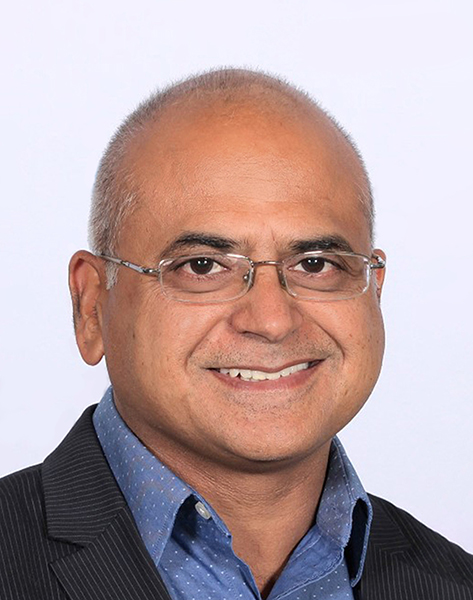 Dr. Sanjiv Dhingra, professor, physiology and pathophysiology, Max Rady College of Medicine; principal investigator, Institute of Cardiovascular Sciences, St. Boniface Hospital Research Centre
Dr. Sanjiv Dhingra, professor, physiology and pathophysiology, Max Rady College of Medicine; principal investigator, Institute of Cardiovascular Sciences, St. Boniface Hospital Research Centre
Grant: $1,027,780 (five years)
Dhingra will focus on mesenchymal stem cells (a type of multipotent cells that can differentiate into a variety of cell types) derived from bone marrow. Aiming to understand why, in treating heart disease, transplanted stem cells are rejected by the recipient, Dhingra’s team will experiment with modifying the cells to improve their survival in the heart.
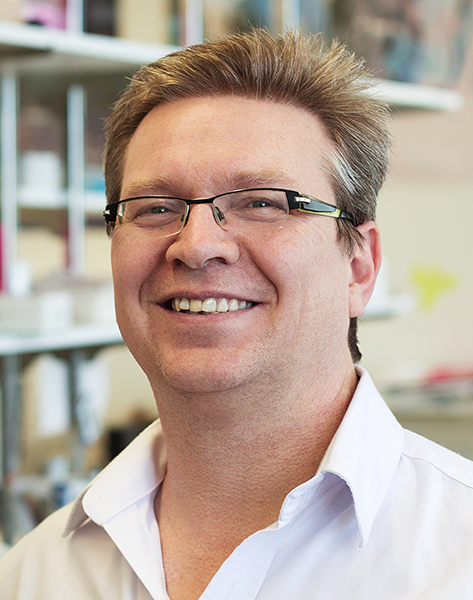 Dr. Keith Fowke, professor, medical microbiology and infectious diseases, Max Rady College of Medicine
Dr. Keith Fowke, professor, medical microbiology and infectious diseases, Max Rady College of Medicine
Grant: $100,000 (one year)
Partnering with community members in Nairobi, Kenya, Fowke’s team will study immune cells from Kenyan women who naturally clear the human papilloma virus (HPV) in the presence or absence of HIV co-infection. Because HPV causes cervical cancer, understanding how the immune system clears it naturally is an important step toward developing a vaccine to clear HPV infection.
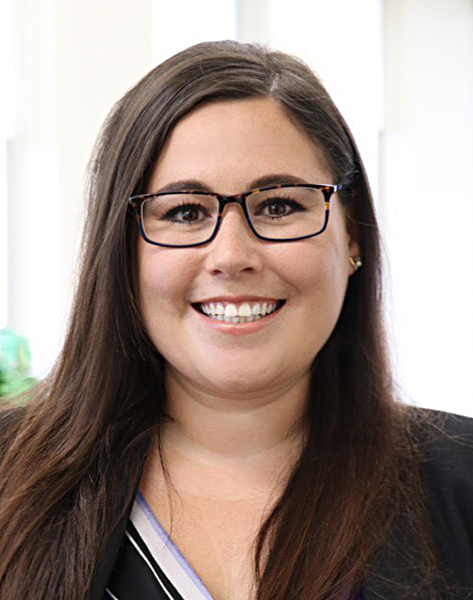 Dr. Lauren Kelly, associate professor, pharmacology and therapeutics, Max Rady College of Medicine; researcher, CHRIM
Dr. Lauren Kelly, associate professor, pharmacology and therapeutics, Max Rady College of Medicine; researcher, CHRIM
Grant: $749,700 (three years)
Kelly will lead a randomized clinical trial of cannabidiol (CBD) alone versus CBD in combination with tetrahydrocannabinol (THC) as a treatment to reduce seizures in children and adults with drug-resistant epilepsy. Patient-centred organizations have partnered with researchers in guiding the trial, which will involve 90 participants across eight sites.
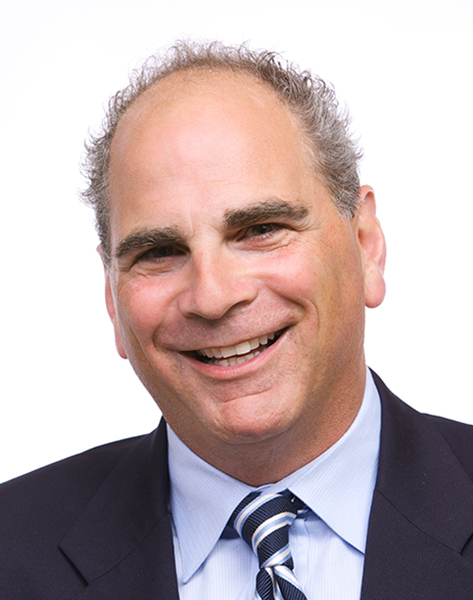 Dr. Lorrie Kirshenbaum, professor, physiology and pathophysiology, Max Rady College of Medicine; Canada Research Chair in molecular cardiology; director, Institute of Cardiovascular Sciences, St. Boniface Hospital Albrechtsen Research Centre
Dr. Lorrie Kirshenbaum, professor, physiology and pathophysiology, Max Rady College of Medicine; Canada Research Chair in molecular cardiology; director, Institute of Cardiovascular Sciences, St. Boniface Hospital Albrechtsen Research Centre
Grant: $757,350 (five years)
Doxorubicin is an effective chemotherapy drug with the side effect of inducing heart failure in some cancer survivors. Kirshenbaum’s study will examine the apparent link between cancer patients’ disrupted body clocks, autophagy (the body’s process of “recycling” damaged cell parts to maintain cell quality), and the harmful effects of doxorubicin on the heart.
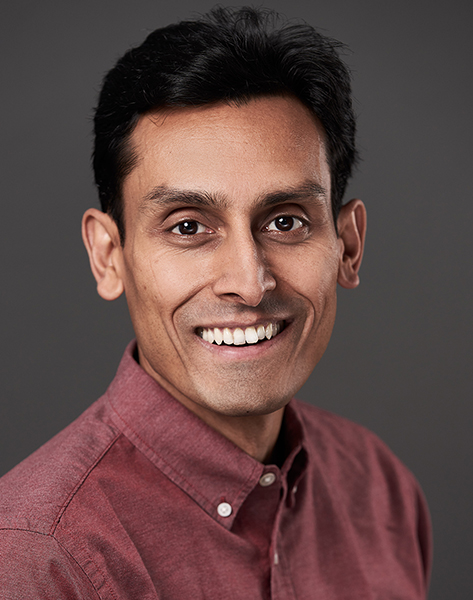 Dr. Deepak Louis, assistant professor, pediatrics and child health, Max Rady College of Medicine; researcher, CHRIM
Dr. Deepak Louis, assistant professor, pediatrics and child health, Max Rady College of Medicine; researcher, CHRIM
Grant: $481,951 (four years, three months)
Louis will lead a three-province study of how the birth of a preterm baby affects siblings in the family. Parents of a preterm infant often experience stress, isolation, financial difficulties and mental health effects. Louis’s team will be the first to examine siblings’ risk for developing behavioural, socio-emotional, mental and physical health problems in childhood and adolescence.
 Dr. Kristin Reynolds, associate professor, psychology, Faculty of Arts
Dr. Kristin Reynolds, associate professor, psychology, Faculty of Arts
Grant: $351,901 (four years)
Reynolds’ team will partner with community organizations in Manitoba, Saskatchewan, Ontario and British Columbia to implement and evaluate the CONNECT Program, a group telehealth mental health program for older adults. Working with the organizations, the researchers will assess the program’s effects on participants’ loneliness, social connection and mental health.
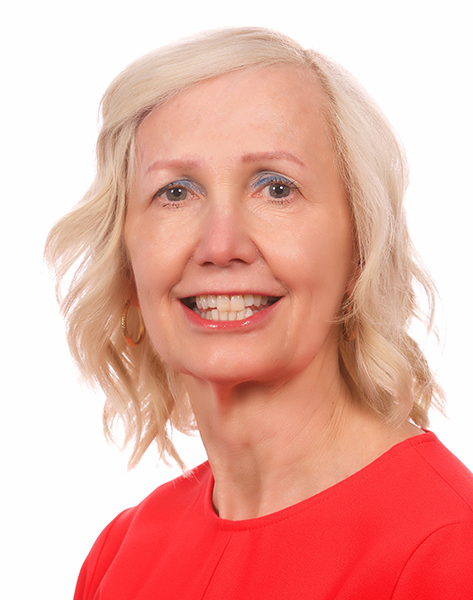 Dr. Roberta Woodgate, distinguished professor, College of Nursing; Canada Research Chair in child and family engagement in health research and healthcare; researcher, CHRIM
Dr. Roberta Woodgate, distinguished professor, College of Nursing; Canada Research Chair in child and family engagement in health research and healthcare; researcher, CHRIM
Grant: $100,000 (one year)
Woodgate’s mixed-methods study will focus on vaccine uptake within families. Her team aims to understand Manitoba childrearing families’ perspectives and decisions about vaccinating their family members against COVID-19 and influenza, with the goal of providing recommendations to promote vaccine uptake.






